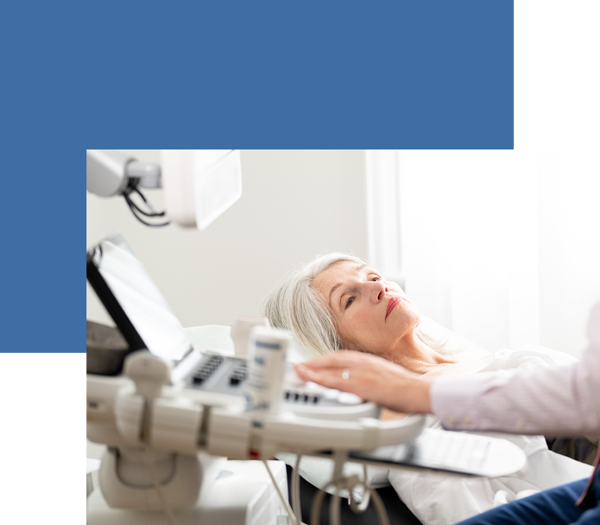Heart Rhythm Disorders
Heart Rhythm Disorders

What are Heart Rhythm Disorders
Electrical signals keep the Heart’s pump function in sync so it can beat properly. Heart Rhythm Disorders – or Arrhythmias – is when your Heartbeat becomes irregular, too fast, or too slow.
Most of the time, heart rhythm problems are harmless and occur in people with healthy Hearts. However, some abnormal Heart rhythms can be quite serious. There are many types of arrhythmias. The most common ones are:
How do I know if my Heart Rhythm is abnormal?
The symptoms depend on the type of arrhythmia you may have. The most common symptoms are:

How is an abnormal Heart Rhythm diagnosed?
In addition to detailed questioning regarding your symptoms and a thorough physical examination, you’re likely to need diagnostic tests that may include:

How is a Heart Rhythm Disorder treated?
Some abnormal heart rhythms don’t require treatment and are rather harmless. It’s normal for your heart to skip a beat now and then. You can have mild palpitations and live a healthy life.
Treatment for arrhythmias is usually only needed if:
Treatment is tailored according to the type of arrythmia and may include:

How do I live with an abnormal Heart Rhythm?
Most arrythmias are manageable. With the right treatment, you can have a good quality of life.
Please take your medications as prescribed and report back if you’re experiencing side effects.
If you live in the UK, and your arrhythmia affects your driving, you must inform the Driver and Vehicle Licensing Agency (DVLA) and your car insurance company.
To keep your heart healthy and happy, I recommend:




